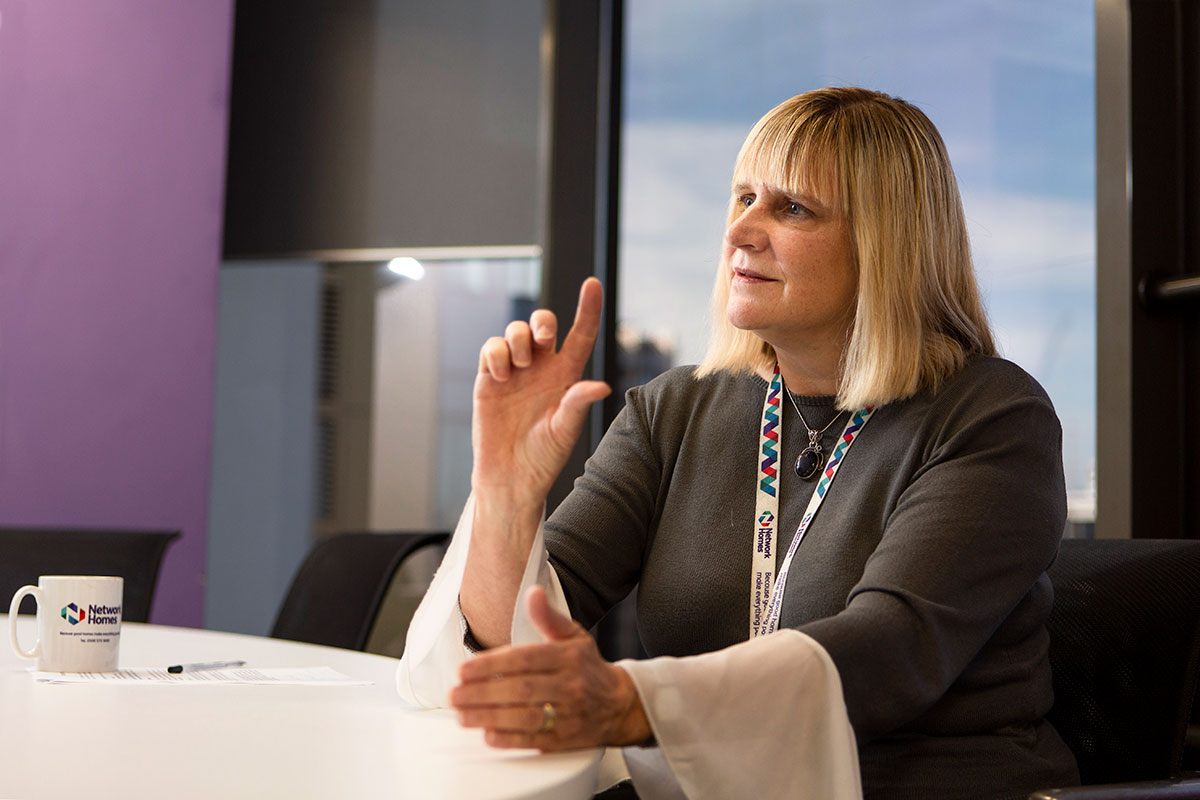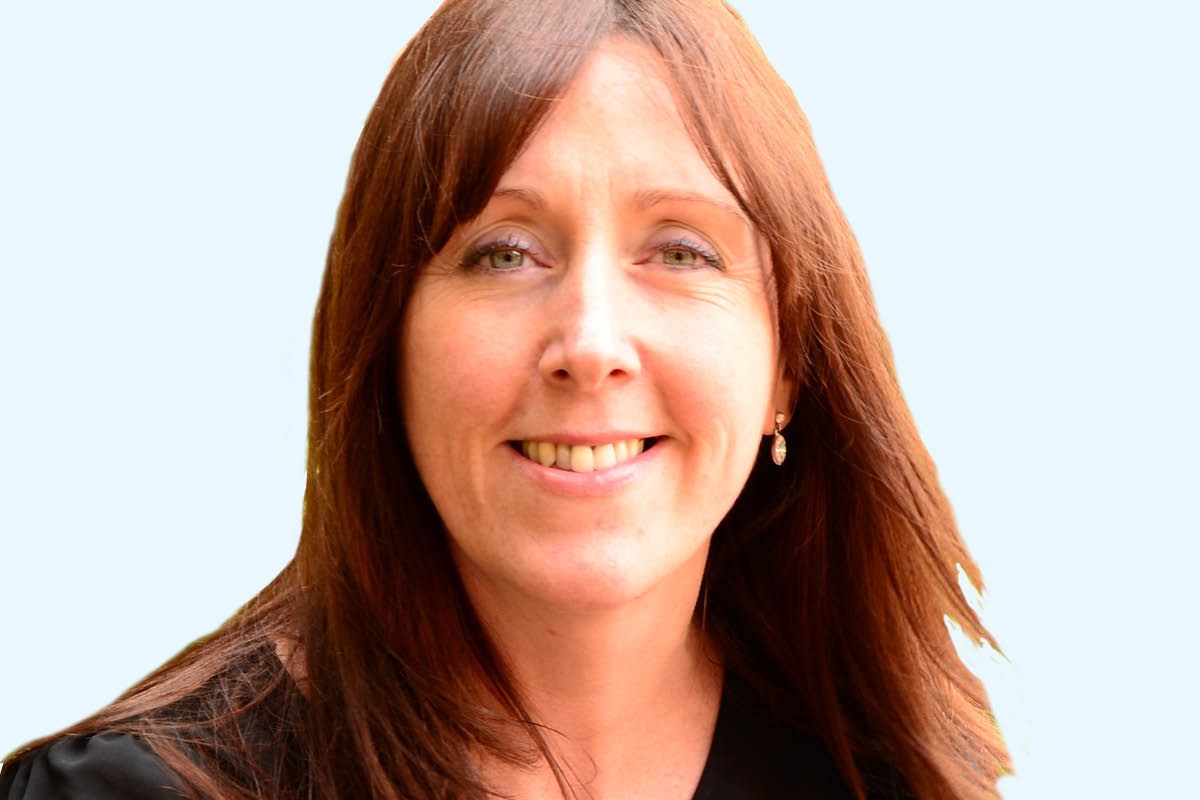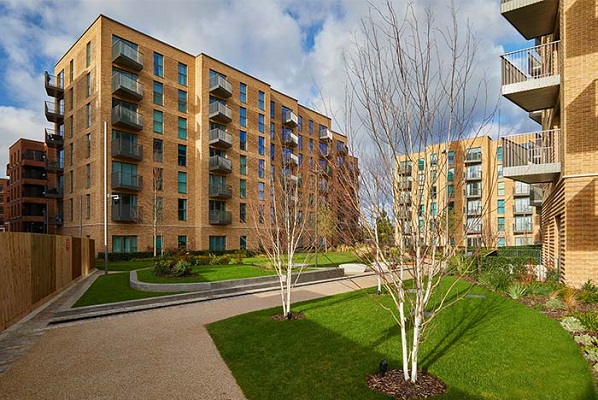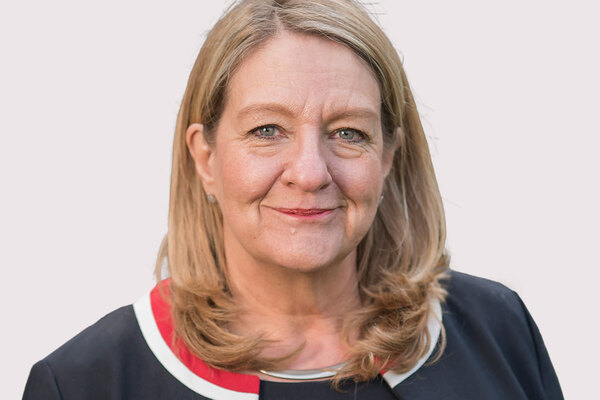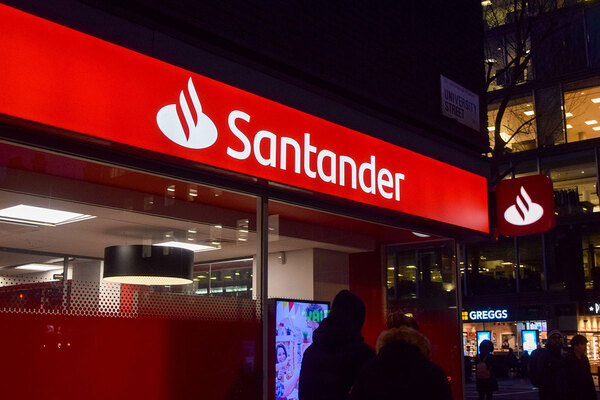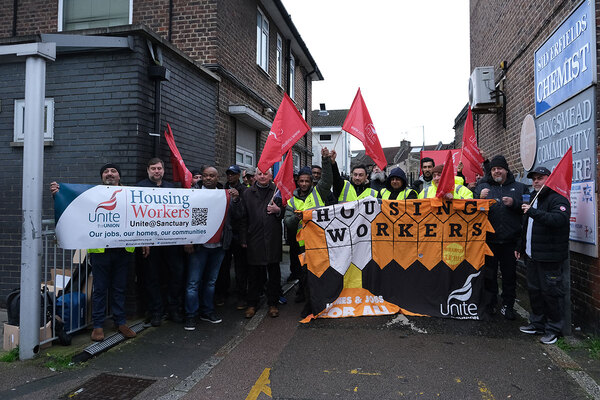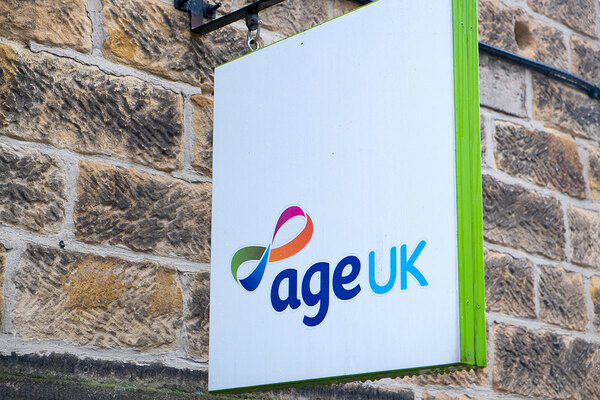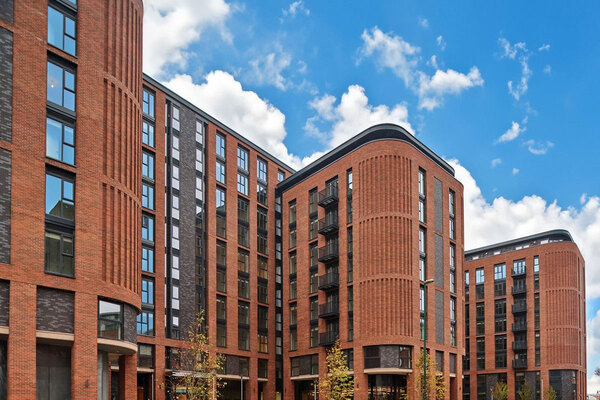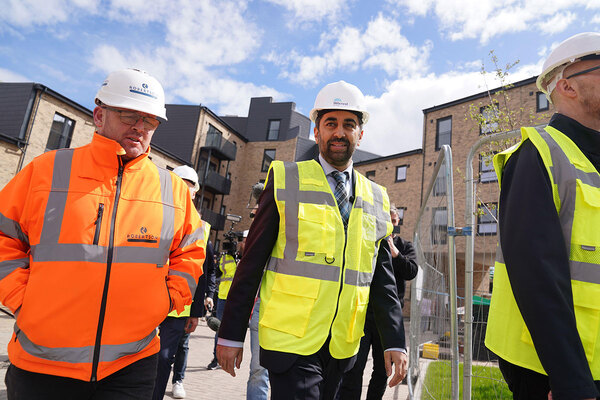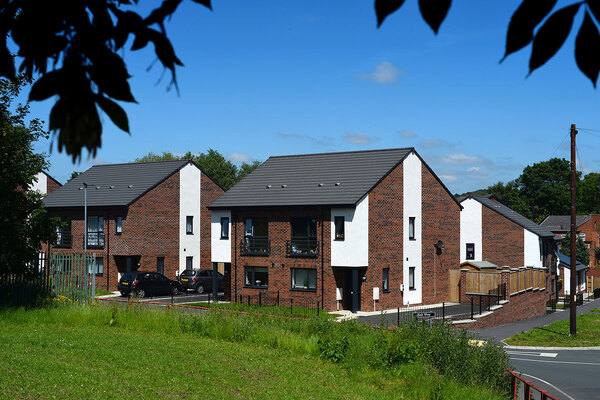You are viewing 1 of your 1 free articles
Deal ‘would enable more development risk’, say chief executives of landlords discussing mega-merger
The chief executives of the two housing associations considering the latest sector mega-merger have said a consolidation deal would give them greater capacity to take on risk in their development ambitions.
Sovereign, which manages 61,000 homes across the South of England, announced yesterday that it was in merger talks with Network, which manages 21,000, primarily in and around London.
The organisations said the deal would enable them to scale development ambitions up to 25,000 homes over the next 10 years, almost 4,000 more than currently planned.
Speaking to Inside Housing yesterday, Mark Washer, chief executive of Sovereign, and Helen Evans, chief executive of Network, said the deal would allow them to take on more development risk.
Housing associations have been scaling back development plans in recent months, as soaring build costs combined with capped rental income and a softening housing market to reduce the viability of planned developments.
The organisations have also said they would be able to invest £3.3bn in existing stock if the deal went ahead.
Mr Washer said the merger could “strengthen us” and “enable us to deliver more at a time when an awful lot of organisations are shrinking in terms of their ambition”.
He said the organisation would be able to “create efficiency [savings]” through the merger, which would open up more headroom to invest in new homes.
“There is something which is slightly less tangible, which is the scale of the balance sheet. A stronger balance sheet does enable you to think about risk differently,” he said.
“So, for example, if between us we had four risky schemes, each potentially having an impact on our bottom line, naturally as a combined organisation with a greater asset base with stronger surpluses we can we take a different approach to risk,” he said.
“That is definitely true for Network,” added Ms Evans. “The capability to take on risk becomes more and more constrained by the current environment.
“We still want to develop, but we feel constrained by the risk factors. Whereas in a stronger, more financially resilient, larger organisation we will have geographic spread. So we can balance different market risk in London against development outside London.”
Last year, Network’s surplus after tax fell by 77%, to £9.6m, against a turnover of £243.9m. It had recorded lower property sales and booked a £15.7m impairment charge at Merrick Road, a 575-home scheme which represents its largest-ever single development project.
Sovereign, by contrast, recorded a surplus of £86.6m against a turnover of £422.8m.
Asked whether the planned “efficiency savings” would entail job losses, Ms Evans said: “We are quite clear that this deal is not predicated on making savings… We are promising staff that there will not be job losses as a direct result of the merger until April 2025 at the earliest, and even then possibly not.”
The organisations will now engage in due diligence and the development of an integration plan, as well as consulting residents and other stakeholders.
They will also be required to speak to lenders, which may seek to reprice debt upwards as a result of the change.
“We have to negotiate with the lenders and ensure that we can get their agreement at a reasonable price,” said Ms Evans.
“There’s a negotiation to be had, but I think we’ve got a very strong narrative to give to the lenders that they will be in a better position with a bigger organisation with lots of opportunities, should they give consent at a reasonable price. It will always be the case that you can’t do it at any price and they will know that.”
Mr Washer added: “This is a credit positive transaction for both organisations. And whilst there will be some banks [that] do have some leverage, we would certainly expect them to appreciate and understand that in terms of where we land.”
Network Housing will initially join Sovereign as a subsidiary, before being integrated into the organisation. Mr Washer will remain chief executive, while Paul Massara, the chair of Sovereign, will remain chair.
Asked for her view on the organisation joining a larger group in this way, Ms Evans said: “I can’t deny that there’s a certain amount of emotional transition to go through, but for those of us who have been working on this for a while, we’ve gone through it. This was by far the most sensible way to move forward, economically and organisationally.
“At the end of the day, however we may feel about our organisation, our primary objectives are the same as Sovereign’s – which is to be able to build new homes, provide decent services [and] invest in our existing stock. And we had an obligation, I think, to take the most sensible route towards doing that.”
Asked what was being put in place to ensure the larger organisation could retain a local focus, Mr Washer said: “We’re rolling out a localities model within Sovereign that is absolutely focused on making sure that we get closer to our customers. That is irrespective of the merger, or indeed irrespective of whether the merger ultimately goes ahead or not.”
The potential new landlord: Sovereign Network profile
Financial performance
Based on the most recent full-year accounts for both landlords, a merged housing association would turn over £666.7m annually, with a surplus of £111.9m (excluding last year’s impairment charge for Network).
Network’s operating margin was 17.7% last year, but had averaged 30.3% in the previous four years. Sovereign had an operating margin of 33.3% in the last financial year.
A merged landlord would generate 72% of its income from core social housing lettings. Network generated 60.9% of its income from social housing lettings in 2021-22, while Sovereign’s accounted for 79.6% of its income.
Gradings
Network has a grading of G1/V2 from the Regulator of Social Housing, indicating the top-level governance rating and the second rung for financial viability.
Sovereign has a G2/V2 rating. The G2 rating results from health and safety issues: failing to meet statutory health and safety requirements in relation to fire, electrical and asbestos safety in some communal areas within its stock.
These emerged following a previous merger with Spectrum Housing Group.
The regulator tends to award the lowest grades from the legacy organisation to the newly merged group.
Sovereign has a credit rating of A3 from Moody’s and A+ from Standard and Poor’s. Network has an A rating from Fitch.
New build
The new organisation will target 25,000 new homes over 10 years, an average of 2,500 homes a year. That level of development would have made it the second-largest builder in the sector in the last financial year.
Last year, Sovereign completed 1,196 new homes: 198 for social rent, 461 for affordable rent, 454 for shared ownership and 83 for market sale.
Network completed 232 homes: six for social rent, 77 for an affordable rent tenure, 135 for shared ownership and 14 for London Living Rent.
Repairs
Sovereign employs a direct labour organisation (DLO) team for most of its repairs services, while Network uses contractors.
Asked whether this would change under the merger, Ms Evans said: “In the immediate future, we will continue to contract our main repair service, because whilst having access to a big DLO has its advantages, we are in geographically different places. Creating a DLO from scratch in London and Hertfordshire would be quite an undertaking.”
Sovereign reported 88% satisfaction with its repairs service in 2021-22, while Network reported 77.2%.
Sign up for our daily newsletter
Already have an account? Click here to manage your newsletters
